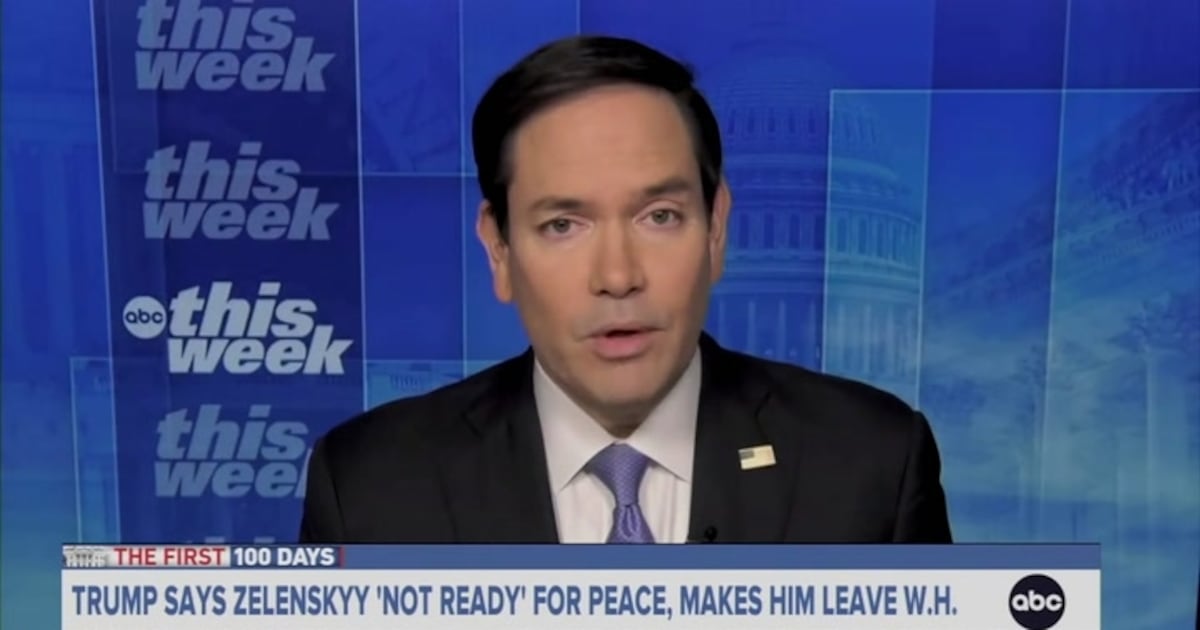The last few months have been turbulent for fashion—just as it has been for all businesses. Apparel and retail, which employs nearly 16 million people, was hit particularly hard as brick-and-mortar stores had to shut down due to the coronavirus pandemic.
Black-owned businesses were hit particularly hard by coronavirus. Over 40 percent of Black-owned businesses reported they weren’t working in April compared to 14 percent of white-owned businesses.
In the wake of the protests across the country following the killing of George Floyd, companies are also reassessing how to make better progress on diversifying their companies and elevating Black talent.
Many fashion companies were happy to participate gesturally in Blackout Tuesday, where many went silent on social media in solidarity with Black Lives Matter. However, they were also called out for spouting easy platitudes, as well as the lack of diversity among their top ranks and their lack of support for Black professionals.
The impact of these events inspired fashion designer Aurora James, founder and creative director of Brother Vellies, to launch the 15 Percent Pledge, an organization dedicated to ensuring retails stock their shelves with at least 15 percent of goods from Black-owned businesses.
“Launching the 15 Percent Pledge is one thing I felt I could do to make a difference, as well as call on others to show their support,” James said. “By committing to the Pledge, major retailers can begin to take steps towards financial equality for Black business owners.”
According to James, Black-owned businesses only represent a mere 1.3 percent of total U.S. sales in comparison to the 88 percent of overall sales for white-owned businesses. Black people are 15 percent of the U.S. population, so what the Pledge does is ask for equal representation when it comes to shelf space.
“Black-owned businesses can’t get the credit they need to expand,” James said. “Studies consistently find that they experience higher denial rates and pay higher interest rates if they manage to get a loan. If these major retailers helped support and nurture these brands to grow, it would help tremendously when these Black businesses owners are seeking outside investment or when they are walking into a bank.”
The 15 Percent Pledge began by calling out top retailers including Sephora, Whole Foods, Target, and Shopbop for the need to diversify their stock offerings. If all four of the retailers were to take the pledge it would funnel $14.5 billion back into the Black community. One of James’ wishes came true when top beauty retailer Sephora became the first major company to sign onto the pledge.
“We were inspired to make the 15 Percent Pledge because we believe it’s the right thing to do, for our clients, our industry and for our community,” said Artemis Patrick, executive vice president and chief merchandising officer of Sephora.
“Ultimately, this commitment is about more than the prestige products on our shelves, it starts with a long-term plan diversifying our supply chain and building a system that creates a better platform for Black-owned brands to grow, while ensuring Black voices help shape our industry. We recognize we can do better and this pledge builds on our ongoing work to use our resources to drive meaningful and long-term change for Sephora and our industry.”
Currently, Sephora offers seven black-owned brands including Fenty Beauty, Pat McGrath Labs, Briogeo, Adwoa Beauty, Golde, KNC Beauty and Shani Darden Skin Care.
Sephora’s initial steps toward getting on board with the 15 Percent Pledge include taking stock of the current percentage of shelf space and contracts dedicated to Black-owned businesses. The company then plans to share its findings, identify concrete steps to address any blind spots and disparities, and take action to publish and execute a plan for growing the share of Black-owned businesses on their shelves to 15 percent.
Sephora is also working with venture capitalists through their ongoing Accelerate program, which supports and develops independent brands throughout the country.
The company plans on leveraging its relationships with these venture capital firms to provide support to Black-owned businesses to help facilitate the goals of the 15 Percent Pledge.
Sephora has also held a company-wide inclusion workshop focused on inclusivity and belonging and has created a coalition of leading national experts working at the intersection of racial equity and social justice. These leaders now advise and help Sephora shape its overall diversity and inclusion efforts.
James is currently working on growing the network to get more people to support by signing up for Pledge updates, and put pressure on more companies to commit to the Pledge.
While changes are being made, Black business owners also feel that steps toward equality for Black designers must also start with the people at the top.
“There are so many Black designers out there who deserve to be in stores, not because they are Black, but because they have the talent, and their work as a whole isn’t being looked at,” said Ghanaian born fashion designer Mimi Plange, founder of her own eponymous label.
“What needs to be looked at very closely is the people who are making these decisions. The Pledge is amazing, but if the people in power are still the same it could just turn into them supporting celebrity designers or calling someone they know to ask if they have any Black designers to become retail partners.
“Sure, you can have more Black designers in the stores, but how helpful is it if it’s just celebrity designers or people who are lucky enough to have connections already.”
This year, Plange is celebrating a decade in business. She is the former creative director of Rocawear, and even though she comes from the world of streetwear which has origins in Black culture, she has often found herself as one of the few Black designers in a room.
She says that the industry can’t change until the mindset of the people changes. “We can have progress, and a lot of it can be Band-Aids,” Plange said. “I’m just happy Black people are getting the opportunity to be in stores and spaces where there weren’t those opportunities before.
“People need to be educated to know that Black designers have just as much design skills and capabilities than any other type of designer. All designers need to be given equal weight. Retailers need to ask why this hasn’t taken place already.”







